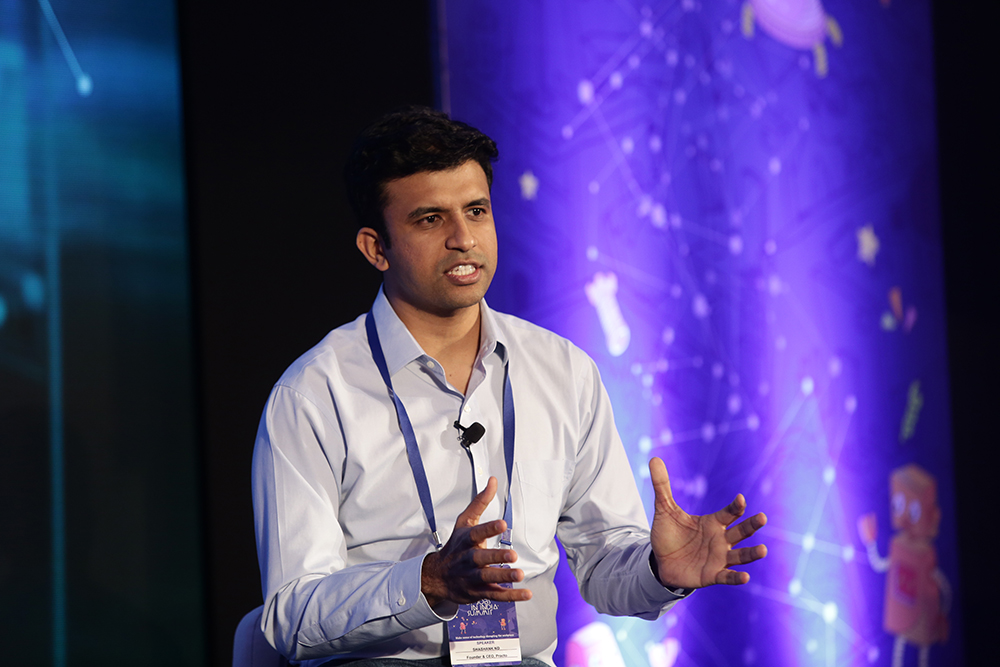That technology is going to change life as we know it is no secret. But will it create jobs or destroy them? We asked this question at the Future of Jobs in India Summit recently to Shashank ND, CEO and co-founder of health tech company Practo.
Apparently, there will more tech jobs to be had and doctors are here to stay even though some of their work can be performed by artificial intelligence.
“Imagine if we have millions of coders actually coding for better health,” said Shashank. “I believe that we can make healthcare an open system. More engineers and more developers can actually get access to supply, to data, and they can start building things,” he said.
As wearables go mainstream and large volumes 0f patient data goes online, the healthcare industry will need more engineers and data scientists, Shashank said.
“Today, with sensors sitting in each of our pockets, each one of us having one in our pockets, one on our wrists is sending a lot of data,” he said. With more health data, healthcare will become less episodic and more realtime.
“I think wearables will be able to give real time data and, so, doctors will be on subscription. Consumers will consume healthcare as subscription and it will not be episodic,” said Shashank.

Silicon valley venture capitalist Vinod Khosla famously said in 2012 that machines will replace nearly 80% of the doctors. So will we see a future where artificial intelligence takes over the jobs that doctors do?
“Definitely, AI and machine learning will be assisting doctors today. But, with digital support systems in place, it will assist doctors even more,” said Shashank. But replacing doctors, especially in countries like India is far off, he said.
In India, where there are a million registered doctors, there is scope to bridge the rural-urban gap by helping rural patients connect with doctors in urban areas.
“The data that we have very clearly shows that in urban setups there is a 30% doctor base who are overbooked and who have a huge waiting lines. But, 70% of doctors in urban India still have lot of available time which can be filled up by telemedicine and other mechanisms,” he said. As internet penetration improves in rural areas, it will get easier to bridge this gap.
Subscribe to FactorDaily
Our daily brief keeps thousands of readers ahead of the curve. More signals, less noise.
To get more stories like this on email, click here and subscribe to our daily brief.
Lead visual: Nikhil Raj Careernet is the sponsor of our Future of Jobs in India coverage and events. The coverage and the content of the event are editorially independent. For more on how we separate our newsroom and our business functions, read our code of conduct here.








